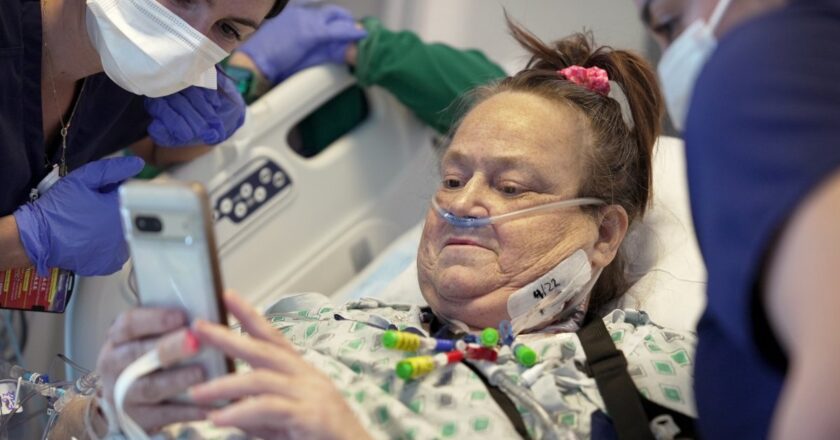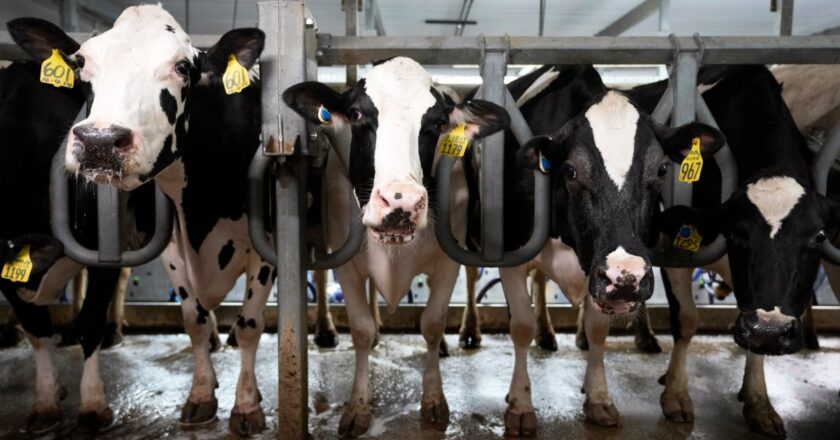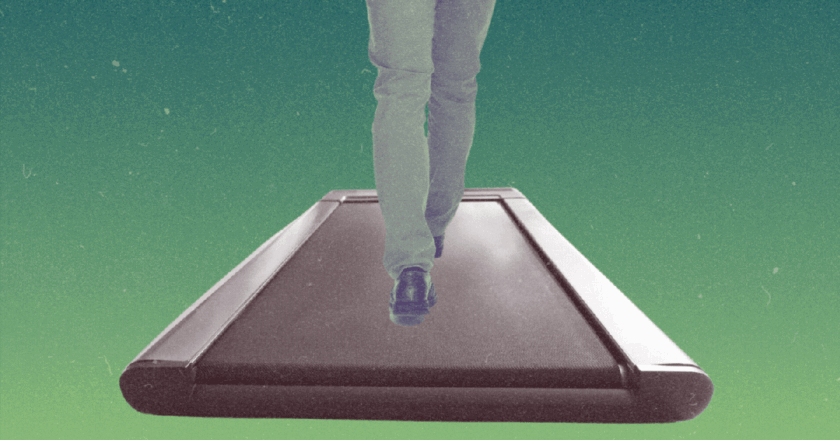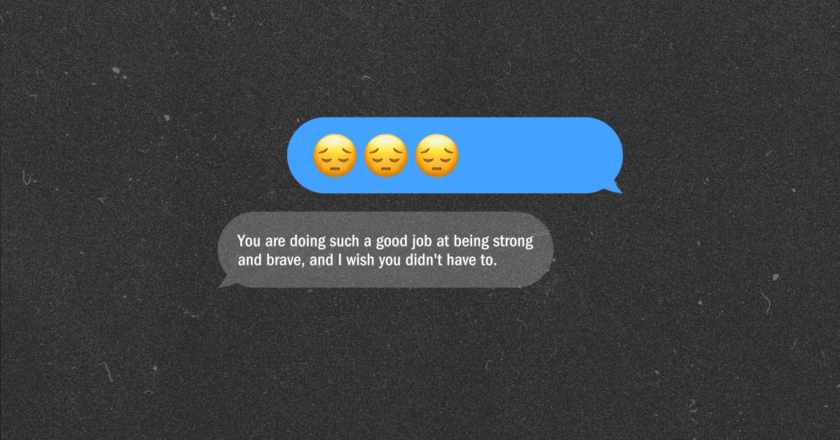Woman Back on Dialysis After Doctors Remove Pig Kidney
Washington — A woman who received a pig kidney transplant is back on dialysis because surgeons had to remove the gradually failing organ after just 47 days.Lisa Pisano was the second person to receive a kidney from a gene-edited pig, and NYU Langone Health announced that she is stable after an operation to remove the organ earlier this week.The first patient to receive a pig kidney transplant, Richard “Rick” Slayman at Massachusetts General Hospital, died in early May, nearly two months after his transplant. Doctors there said there was no indication he died as a result of the experimental transplant.Pisano’s heart and kidneys were failing when, in a dramatic pair of surgeries in April, doctors implanted a mechanical pump to keep her heart beating and then the pig kidney.At first she seeme...










